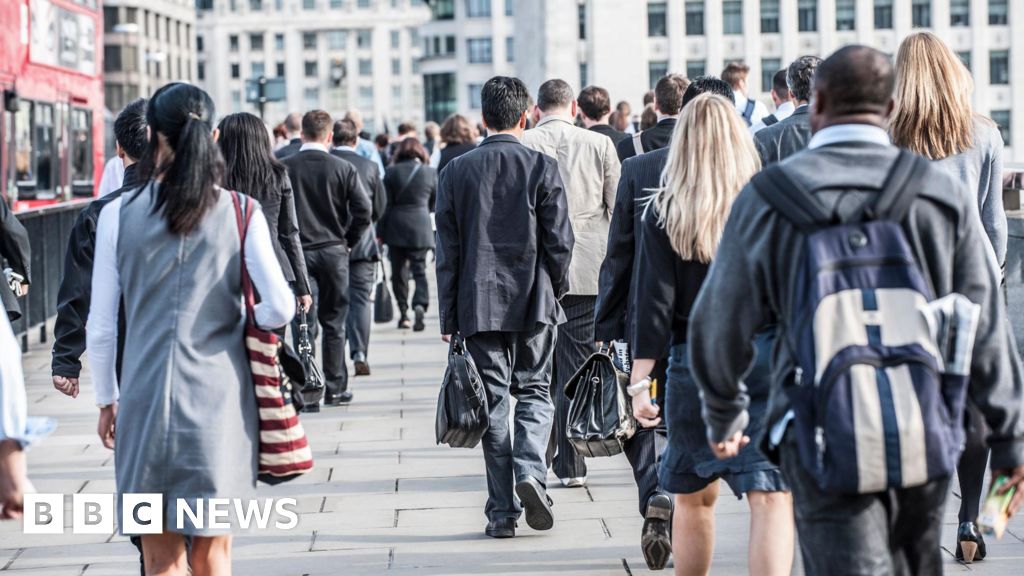Soldato
Especially as minimum wage went up in April by 10%. Most people only just getting their pay rises too.
Causing issues in the the transport industry,
No one In pay tiers slightly above for unskilled or semi skilled labour are getting anywhere near the minimum wage rise and wages are now getting compressed . Not sure how this is effecting other Industries but the misses is telling me its even harder to employ drivers and warehouse staff than its ever been!
Last edited:




